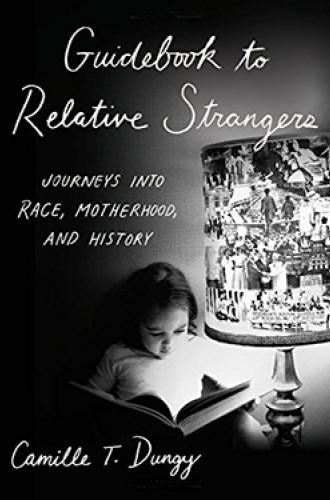The vocation of being a stranger
As a mother and a woman of color, I read Camille Dungy's book as a personal roadmap.
“I was hungry and you gave me food, I was thirsty and you gave me something to drink, a stranger and you welcomed me” (Matt. 25:35). These words of Jesus are often quoted to frame conversations about radical hospitality. A common conclusion is that Christians, as followers of Jesus, should welcome the stranger. The one doing the welcoming usually maintains a great deal of power in this transaction, while the one being welcomed must trust the person who offers food, drink, and shelter.
But Matthew 25 also reminds us that if we want to live like Jesus, we need to reflect on what it’s like to be on the receiving end—as the stranger who is welcomed. In a vulnerable and beautifully crafted collection of essays, the celebrated poet Camille Dungy shows how she navigates being a stranger as a black woman and mother.
The essays are ordered in kairos rather than chronos time, using poignant moments to reveal how the author’s capacity for empathy has been expanded through motherhood and by being a guest in places as varied as the Alaskan tundra and the shores of Ghana. Drawing on the emerging body of research into “epigenetics: memory retention through inherited genome,” Dungy explores how her feelings of comfort and discomfort among various people and situations stem from the people who came before her and made her who she is. Rather than try to erase, ignore, or slap a Band-Aid on painful memories, she brings them to the light. But the book is also rich with moments of pure joy—for example, her delight in her child’s acquisition of language or discovery of natural beauty. Yes, these essays seem to say, we live in troubling times with a troubling history, but there is also ample room for love and grace.






